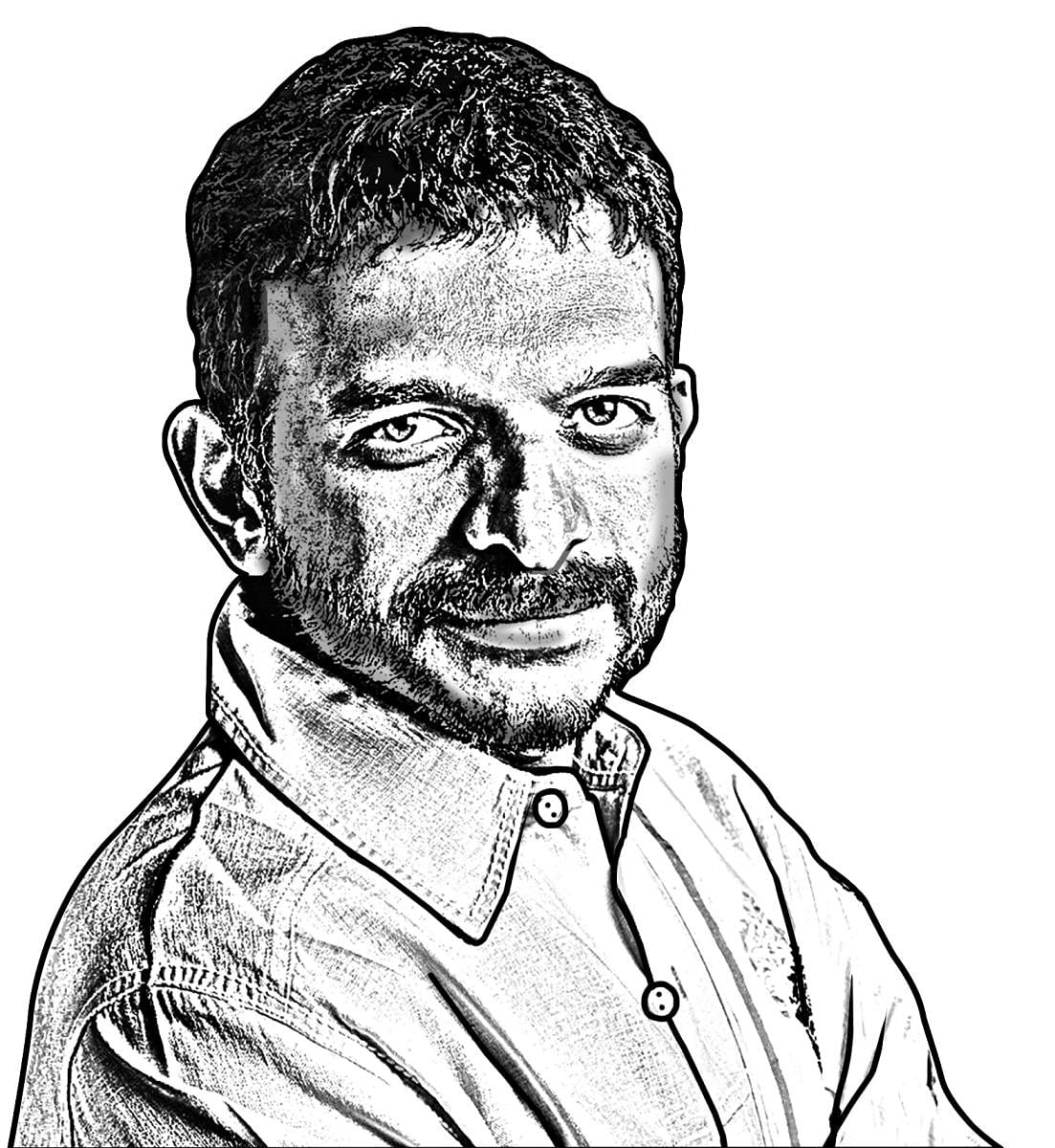
As we celebrated 75 years of Independence, our Prime Minister asked citizens to change their profile pictures to the Indian flag and polyester flags were made available to hoist or wave in celebration. But August 15, 2022, went from a day of celebration to a day of mourning when we heard that the 11 men who had gang-raped a pregnant Bilkis Bano and murdered 14 members of her family in 2002 had been released, with the approval of the Union Home Ministry.
Things were made worse with the release of the video of these men being welcomed, followed by a BJP MLA who was a member of the state panel that recommended the release alluding to their Brahmin caste as a certificate of good culture and character and a recent comment by a Union Minister that the convicted had spent “quite some time” in prison. At the outset, let me make it clear that this is not a matter of new evidence putting a question mark on the conviction or of asking for the death sentence. I am, in principle, against the death penalty. But does not the magnitude and barbaric nature of their crimes demand that these individuals remain in prison for life?
What has truly shaken me is the apathy of the Hindu caste-privileged middle-class. Every time I write or speak of the horrid social practices within Brahminical society, I am accused of being anti-Brahmin, anti-Hindu, anti-Indian and anti-whatever else they can come up with! I receive sermons on how Hinduism is a passive religion, wherein the goddess has always been worshipped. Caste oppression is either brushed aside as a mis-interpreted occupational structure or a bygone evil. The people who actively defend Hindu culture remain silent bystanders when rapists and murderers are welcomed in traditional Hindu style. No one sees this as an offence against Hinduism or the Upanishadic texts they quote to prove Hindu catholicity or the rituals that they claim are innately inclusive. There is no fervent social media campaign to disassociate themselves from the release of these criminals, let alone express outrage over it.
Where have these people hidden themselves now? Where is that Hindu-ness that they throw at anyone who seeks introspection within the religion? There is something so inhuman about this silence that I am forced to wonder what they believe being a Hindu really means. The entire act of going to temples, reading from religious texts, singing devotional songs and proclaiming ‘aham brahmasmi’ or ‘vasudhaiva kutumbakam’ are theatrical displays rather than felt experiences. Among my own Carnatic music fraternity that at the drop of a hat speaks of the divinity in the compositions, there has not been a whimper. Does not the release of people who raped and killed in the name of their gods make their stomachs churn? Or have they been too busy with Navaratri celebrations?
My Brahmin friends accuse me of not speaking up for Hindus; in other words, of being a “minority sympathiser”. Irrespective of the identity of the victim of a crime, it is our ethical duty to speak up. If I have not done that, I am wrong. But how can we ignore the social imbalance between communities when we observe or respond to systemic violence? The operative word is ‘systemic’ and not ‘random’ acts of madness that people of all hues indulge in. Systemic because they are perpetrated using the dominant social, political and cultural atmosphere that provides them impunity. The release of these murderous people only encourages more such acts. If anything, all this only proves my point that our society is so skewed that even kindness is mediated through the lens of hate.
When those from within the Islamic faith challenge its own institutionalised oppression, the Savarnas use these voices to further defame the faith, rather than being allies in the fight for social justice. The end-game is to malign all Muslims as either violent offenders or helpless subjects. In their book, a religious Muslim cannot be a good human and a Hindu can do no wrong. Not only do those who kill Muslims believe this but also many ‘non-violent’ Savarnas.
When The Kashmir Files was released earlier this year, conservatives who rarely entered a theatre made a beeline to the cinemas. Facebook posts overflowed with how they were deeply moved and disturbed by what they saw. No one cared to check the veracity of the facts of the story, nor did they find it problematic that every Muslim on the screen was painted as either a murderer or an accomplice. Just seven months later, 11 rapists-murderers belonging to their own religion were released but they had nothing to say about it. Muslim-hatred is a slow poison that we have all been fed from childhood and today, it is a solidified foundational belief. Once that has been achieved, what does it matter if a Muslim woman was gang-raped, her three-year-old child smashed to the ground, and her entire family murdered!
If we are going to argue that Hinduism is a faith of compassion at its core, then it is time that we acknowledge that its marginalising scaffolding needs to be dismantled if we are to experience that inner sensibility. This insidious twinning of the inherent goodness in Hinduism and its victimhood to justify violence and insensitivity has to stop. All religions are intrinsically flawed because they are built in and on societies, and Hinduism is no exception. Hinduism can be a place for peace, coexistence and love only if hate, discrimination and patriarchy are tackled head-on. Today, we need a new Hinduism; one that emerges from the minds of today, not one that relies on the texts of the distant past. Yes, I speak only of Hinduism, because I grew up in it and I care!